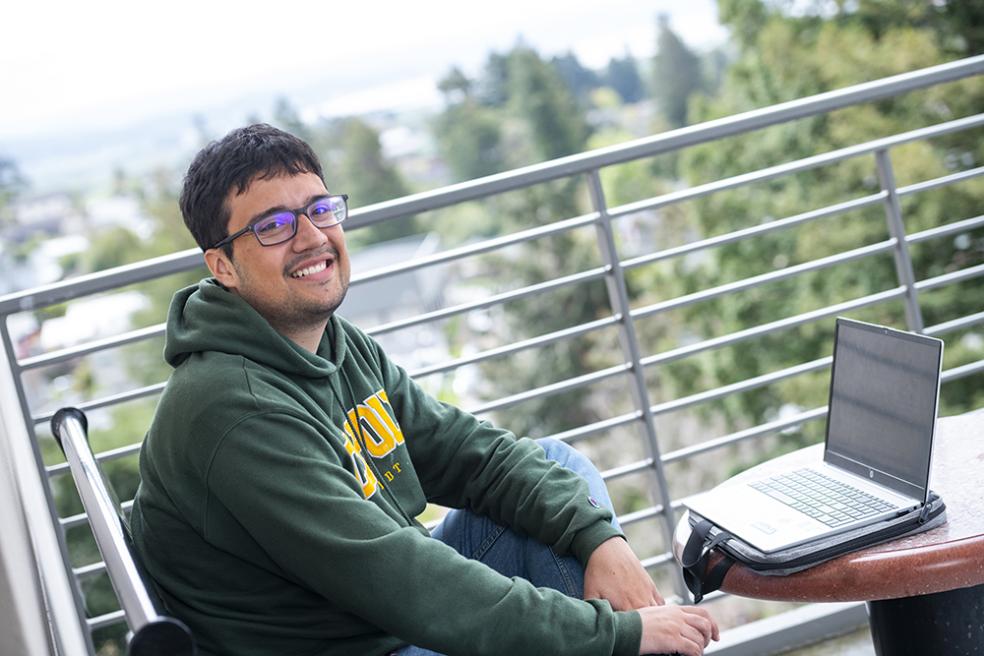
Solorzano's identity as an autistic individual motivates him to focus on areas often overlooked by conventional research. Through his current master’s thesis research, he sheds light on how male and female college students evaluate instructors based on whether or not the instructor discloses an autism diagnosis.
“Academia relies heavily on performance evaluations, specifically in the tenure process,” Solorzano explains. “Autistic academics are potentially at a disadvantage in the evaluation process.”
To conduct his study, Solorzano recruits participants and randomly assigns them to one of several scenarios. These scenarios vary based on whether the professor discloses their autism diagnosis or not. Participants then evaluate the professor across various dimensions using an online survey.
“His master's thesis highlights an under-researched area in psychology and has far-reaching implications, as those with autism can be equally competent to their neurotypical peers, yet their work performance may not be judged equally, which impacts one’s earning potential and whether they are able to maintain employment,” Psychology Professor Mari Sanchez explains.
This research builds on existing studies while addressing gaps in how gender and neurodiversity intersect in academia.
“It is recognized in the psychological literature that there are also gender biases in performance evaluations, where males tend to receive higher work evaluations compared to their female counterparts,” she adds. “Matias aims to address how one’s intersectional identities (gender and autism status) impact performance evaluations.”
His research will impact knowledge of biases and perceptions of neurodiversity, such as autism, and inform best practices on how to support neurodivergent individuals, says Sanchez.
Solorzano embodies the neurodivergent slogan, “Nothing about us without us,” adds Sanchez.
Currently, in the data collection phase of his master’s thesis, Solorzano anticipates completing his research by May 2025. His work promises to help shape critical conversations about equity, inclusion, and the representation of neurodivergent individuals in academia.
For Solorzano, the implications of his research extend beyond data. He hopes to foster safer spaces in academia for instructors who identify as autistic or neurodivergent.
“Through my neurodiversity advocacy, I have [met] academics who have told me that their colleagues are neurodivergent but do not disclose their neurodivergent status publicly,” he adds. “I hope to change this attitude by reminding others that disability deserves to be celebrated and that it is a social identity highlighting human diversity.”